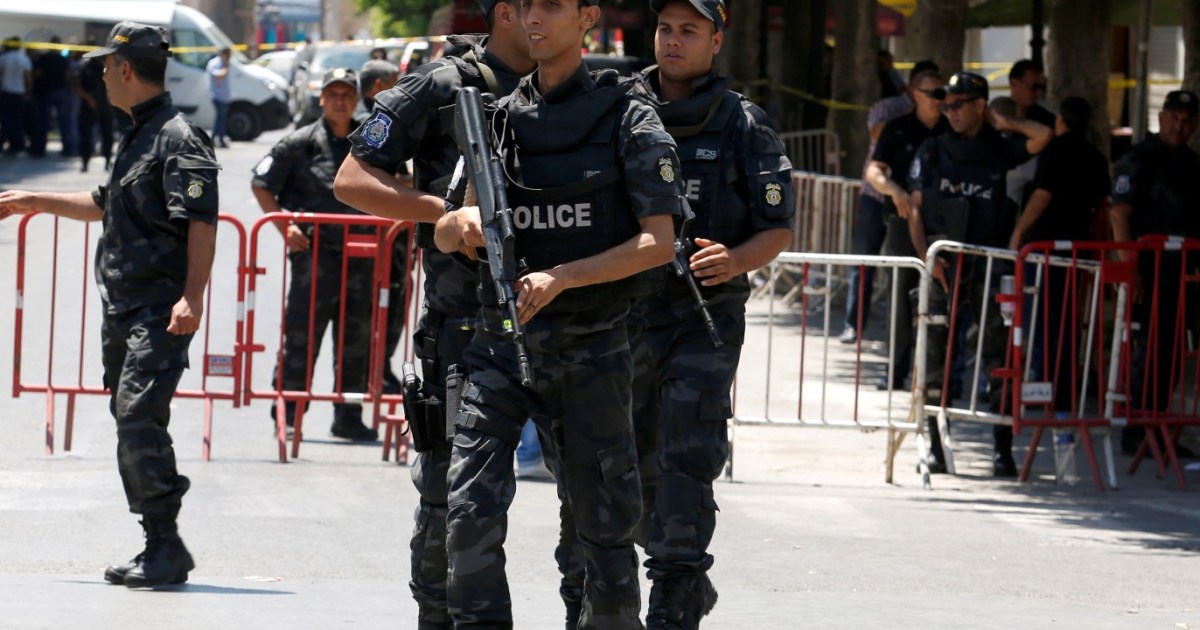Several human rights organizations concerned with freedom of the press condemned the storming and closing of Al Jazeera's office in Tunisia, describing it as a dangerous and unacceptable matter.
The International Press Institute denounced the storming of Al Jazeera's office, and called on the Tunisian authorities to stop the harassment.
Skyline International Human Rights Organization expressed its strong condemnation of the storming of Al Jazeera's office and the expulsion of all journalists who were inside, describing the matter as "a grave and unacceptable violation of freedom of opinion, expression and journalistic work guaranteed by international law."
The "Reporters Without Borders" organization also condemned the storming of the office of Al-Jazeera channel in Tunisia by the security forces.
The representative of North Africa in the organization, Samir Bouaziz, denounced the media's involvement in political conflicts.
The Geneva-based Euro-Mediterranean Human Rights Monitor said it had followed with deep concern Tunisian President Kais Saied's announcement of dissolving the government, freezing parliament and lifting the immunity of deputies, warning against the disruption of constitutional institutions and the president's monopoly on the executive authority.
The Euro-Mediterranean Monitor stated - in a press statement - today, Monday, that the Tunisian president's decisions may undermine democracy, and plunge the country into a cycle of instability, paving the way for the return of the authoritarian rule that Tunisians have struggled over the past years to overthrow, and the establishment of a democratic process that guarantees political representation for all Forces in different directions.
The head of the Euro-Mediterranean Monitor, Rami Abdo, said, "The Tunisian president's decisions are an aversion to the democratic path, and a confiscation of the votes of millions of Tunisians who chose their representatives in the House of Representatives within a fair and successful democratic process."
Yesterday evening, Sunday, Qais Saeed announced the freezing of Parliament's competencies, the lifting of the immunity of his deputies, and the dismissal of Prime Minister Hisham Al-Mashishi. He also decided to take over the executive authority with the help of a prime minister appointed by himself, and assume the presidency of the Public Prosecution Office to initiate judicial follow-up against those suspected of corruption around them.
Said said - after an emergency meeting he held at Carthage Palace with security and military officials - that he had decided, "in accordance with the provisions of the constitution, to take measures required by (...) the situation to save Tunisia, to save the Tunisian state, and to save Tunisian society."

